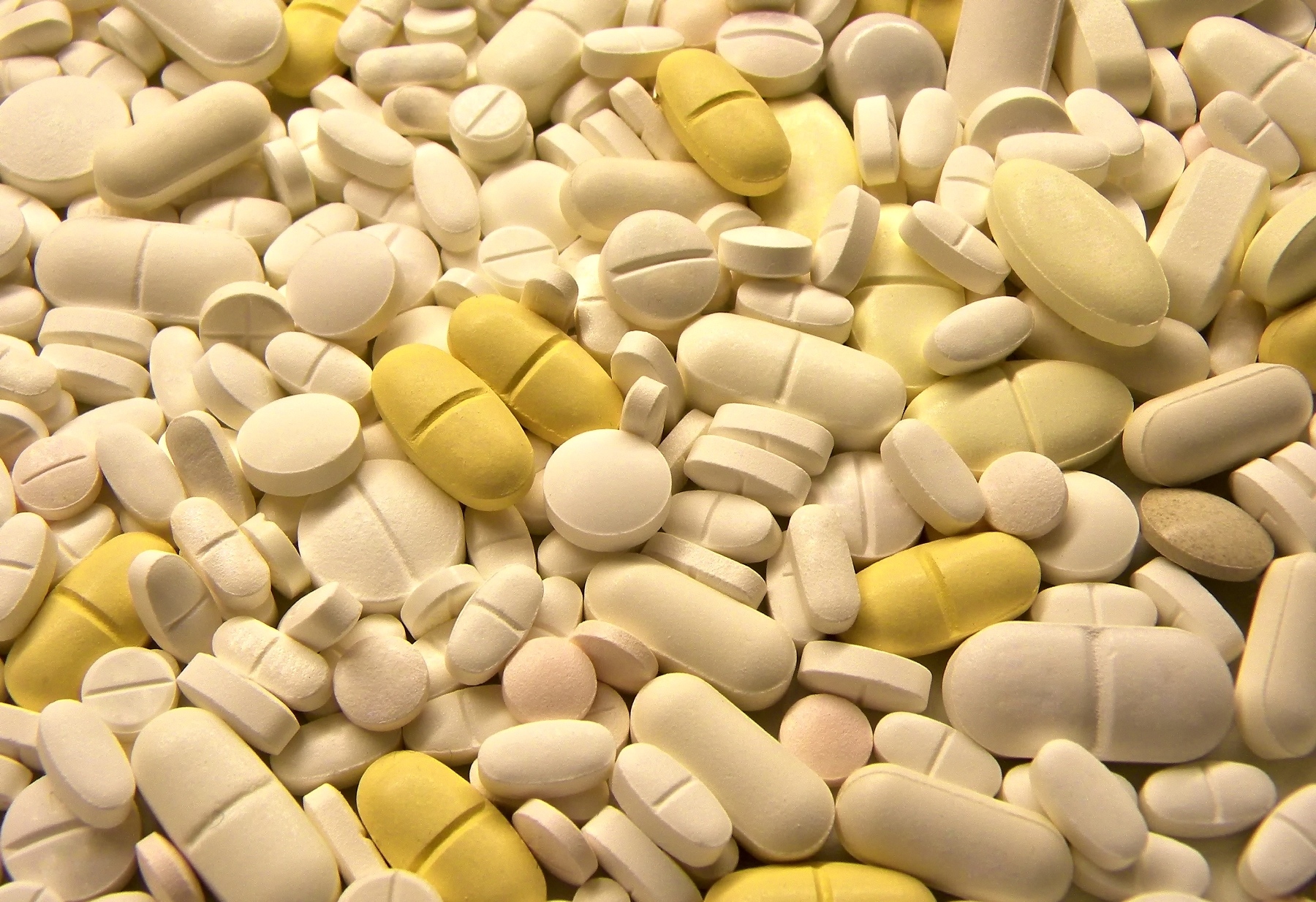
5 Alternatives To Statin Medication to Manage Your High Cholesterol
High cholesterol has reached near epidemic proportions in the United States. It is estimated that 1 in 6 Americans have high cholesterol, and what is most alarming about that statistic is that it isn’t just adults who are racking up the numbers in the cholesterol department–children are now being diagnosed as having high cholesterol. For over a decade, cholesterol lowering medicines such as statin drugs like Lipitor and Crestor have been diagnosed to help patients lower their cholesterol.
While these medications tout a truckload of benefits ranging from cancer prevention to lowered levels of LDL (bad cholesterol), there are some concerns about these medications and their long-term side effects. For that reason, more and more people are opting for alternative treatments for high cholesterol other than prescription medications.
So, what causes high cholesterol? There are a number of factors which can determine whether or not a person will have high cholesterol. These include:
- Age. While it is not a definitive cause of high cholesterol, age plays a large role in the potential risks associated with high cholesterol. Men over the age of 45 and women over the age of 55 are at an increased risk for problems associated with high cholesterol.
- Gender. Post-menopausal women are at higher risk for fatal cholesterol-related complications as their HDL (good cholesterol) levels typically plummet after menopause.
- Family History. If your father or brother has had early onset heart problems prior to the age of 55, or mother or sister have had early onset heart problems prior to the age of 65 then you are at a much higher risk for complications resulting from high cholesterol.
If you fall into any of the above categories, you may want to consider these 5 alternatives to cholesterol medicine.
1. Reducing Saturated Fats
Up until very recently, experts thought foods that were high in cholesterol were a contributing factor to elevated blood cholesterol. While there is a small amount of truth to that belief, it doesn’t have as big of an impact as previously thought. Rather, saturated fats seem to be one of the biggest contributing factors to elevated cholesterol levels. What does that mean for you? It means you don’t have to skip the eggs, though you may want to reconsider cooking those eggs in a huge slab of butter.
2. Increasing Your Intake Of Soluble Fiber
It doesn’t necessary mean you have to chug gallons of grainy Metamucil. But adding foods high in soluble fiber work to help cleanse your blood of excess amounts of artery-clogging cholesterol. Fiber works by acting like a sponge in your bloodstream, literally soaking up extra cholesterol and removing it from your bloodstream.
3. Exercising
Exercise provides people with a whole host of benefits. Among those are decreased risk for depression, greater energy, more sound sleep, and also raising the levels of good cholesterol circulating in the blood stream. Raising your HDL levels helps to combat clogged arteries, and exercising gives these cholesterol a helpful boost. In addition to raising your HDL levels, exercise will also provide dual benefits by lowering your LDL levels.
4. Go Fish
Fish is high in Omega-3 Fatty Acids. These are fats that are healthy and are not only beneficial for their antioxidant properties, but for helping lower cholesterol as well. Omega-3 Fatty Acids are an effective way of cleansing the blood of high levels of LDL. By adding fish to your diet 2-3 times per week, you can gain the heart-healthy benefits of the essential fatty acids.
Salmon is particularly high in these fatty acids, but even tuna (either canned or in the pouch) can provide people with an easy, on-the-go source of Omega-3’s. Fish oil capsules, while not as effective as adding fish directly to the diet, can also help have a positive impact on cholesterol and triglyceride levels.
5. Have A Drink
We have all heard that having a glass of wine is good for the heart. But it can also have a healthy impact on cholesterol levels in moderation. In fact, beer may be even more beneficial at reducing bad cholesterol as it is typically made with barley and hops–both of which are helpful in reducing cholesterol levels. One to two beers per day can be one of your greatest assets in helping to keep your cholesterol levels in check.
High cholesterol is one of the biggest contributing factors to heart disease. People with high cholesterol are at an increased risk for heart attacks or strokes. Currently, the most common treatment for high cholesterol is a healthy diet used in combination with statin medications. While many people have a lot of faith in the ability of statins to keep their cholesterol levels in check, there are some questions regarding long term effects and safety of these types of medications.
Therefore, more and more people are looking for alternative methods to lower their cholesterol.
By maintaining a healthy diet high in fiber and Omega-3 fatty acids and low in saturated fat, many people are able to achieve healthy cholesterol levels without the need for cholesterol lowering medications.
When used in combination with exercise and drinking in moderation, the results of these alternative solutions for high cholesterol is truly astounding.




